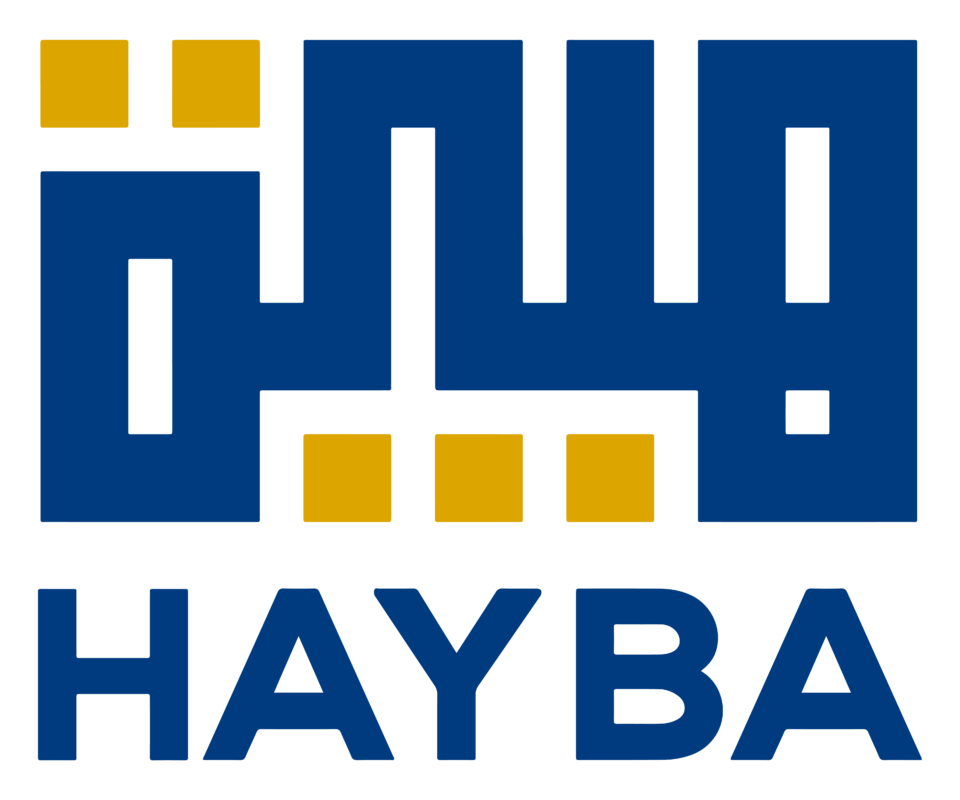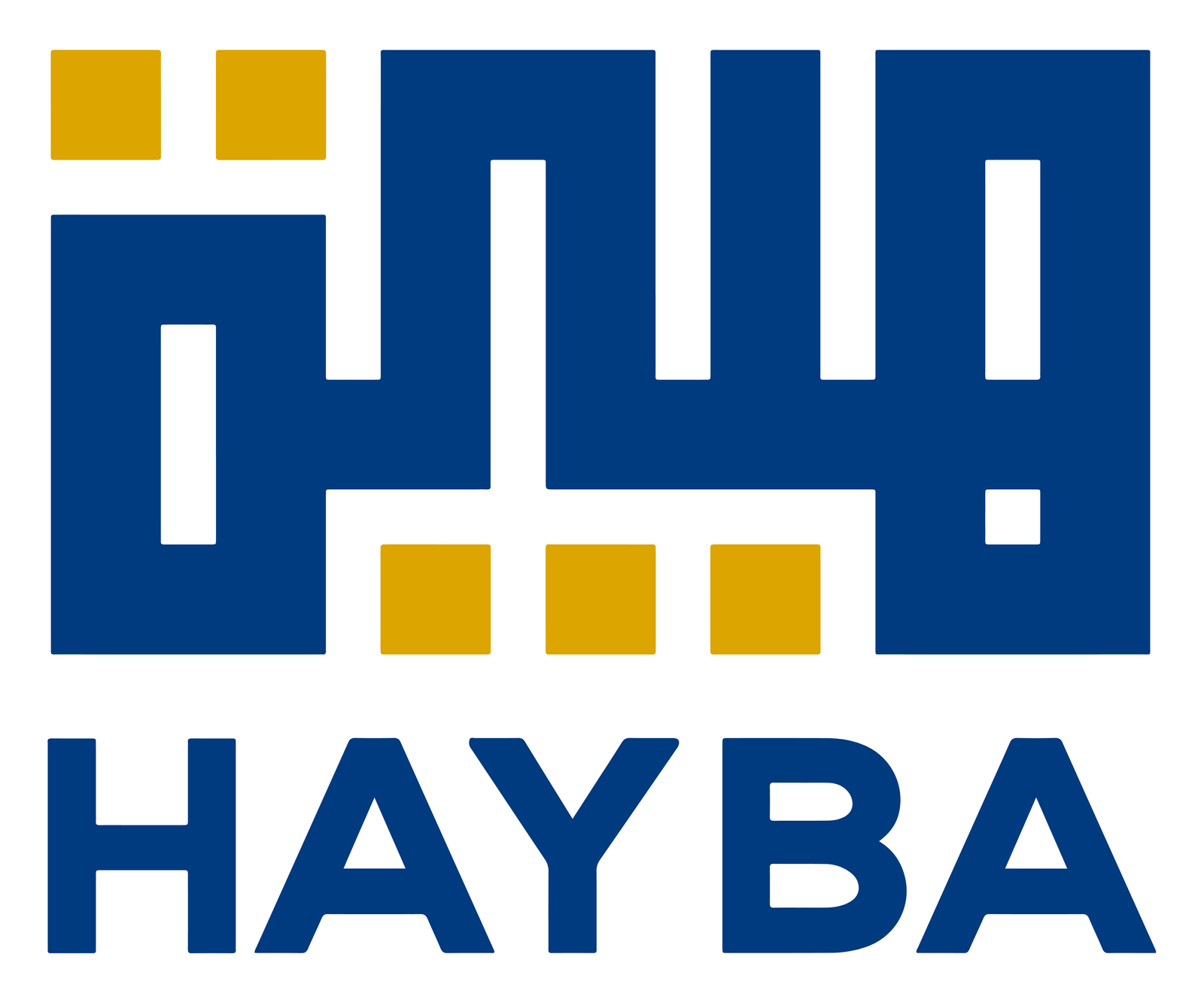
Wasiat Writing
At Hayba,
A testamentary writing, also known as a will, is a legal document that outlines a person’s wishes regarding the distribution of their estate after their passing. In the context of Islamic law (Shariah), testamentary writing serves as a way to ensure that a person’s assets are distributed in accordance with both their personal desires and the guidelines set out by Islam. This type of writing plays a crucial role in protecting both the individual’s legacy and their family, while upholding justice and fairness.
Key Aspects of Islamic Testamentary Writing
- Shariah Compliance
Islamic testamentary writing must align with the principles of Shariah law. It involves the fair distribution of wealth, taking into account the Islamic inheritance laws (faraid), which determine how assets are allocated among heirs. In Islam, certain family members, such as children, spouses, and parents, have fixed shares in the inheritance. - Voluntary Bequests (Wasiyyah)
In addition to the distribution of wealth according to faraid, an individual may also make voluntary bequests (wasiyyah). These are gifts or provisions made to non-heirs or for specific causes (e.g., charitable donations). However, bequests cannot exceed one-third of the estate and must not interfere with the obligatory shares of heirs. - Appointment of Executors
A testamentary writing often names one or more individuals as executors (or trustees) who are responsible for administering the estate and ensuring the deceased’s wishes are fulfilled. This could include settling debts, distributing assets according to the will, and overseeing any charitable donations made by the deceased. - Fulfilling Obligations (Debts, Zakat, etc.)
Islamic testamentary writing should address any outstanding debts, ensuring that they are settled before the distribution of assets. In addition, it should specify the payment of zakat (obligatory charity) from the estate if applicable. Islam emphasizes the importance of fulfilling financial obligations before inheritance is distributed. - Guardianship of Minor Children
If the deceased has minor children, a testamentary writing may include instructions for the appointment of a guardian who will be responsible for the children’s welfare and upbringing. This ensures that the children are cared for by someone who shares the deceased’s values and provides a stable environment. - Wishes for Funeral and Burial
The writing may also include instructions regarding funeral arrangements, such as burial preferences and the handling of the body, which should be carried out according to Islamic funeral practices.
Why It’s Important
- Clarity and Prevention of Disputes
A testamentary writing provides clarity and guidance for the distribution of assets, which helps prevent conflicts or disagreements among family members after the individual’s death. By making your wishes clear, you ensure that your estate is handled according to your desires and Islamic guidelines. - Ensuring Fairness and Justice
Shariah-based testamentary writing ensures that wealth is distributed justly among heirs, avoiding the possibility of favoritism or unfair treatment. It upholds the principles of equity and fairness, ensuring each family member receives their rightful share. - Fulfilling Religious Obligations
Testamentary writing ensures that a person’s final actions align with Islamic teachings, such as paying debts, fulfilling zakat obligations, and making charitable bequests. It helps an individual ensure that their wealth is distributed ethically, leaving a legacy that reflects their faith. - Peace of Mind
Having a testamentary document in place provides peace of mind for the individual and their loved ones. It ensures that there is a clear process to follow after death, reducing uncertainty and stress for those left behind.
Creating a Testamentary Writing
Creating a testamentary document requires careful thought and planning, particularly when considering the balance between personal desires and Shariah law. It is important to consult with legal and Islamic experts to ensure that the document is legally valid and fully compliant with Islamic inheritance laws.
At Hayba, we offer guidance and consultancy services in creating Shariah-compliant testamentary writings. Our team ensures that your final wishes are documented correctly, offering peace of mind for you and your family while adhering to Islamic principles. Whether it’s distributing your estate, choosing a guardian for your children, or ensuring your charitable donations, we provide the support needed to make sure your legacy is carried out in accordance with your faith.


















